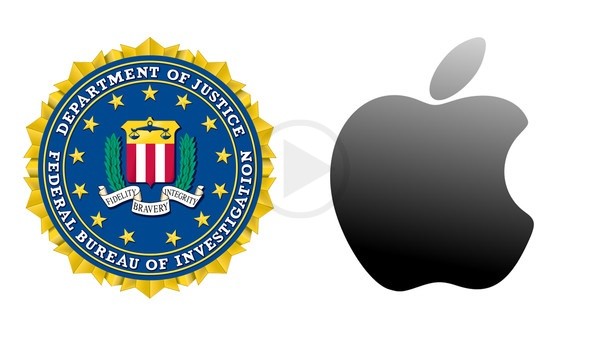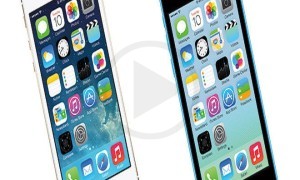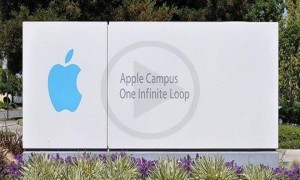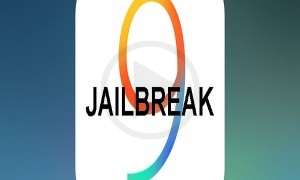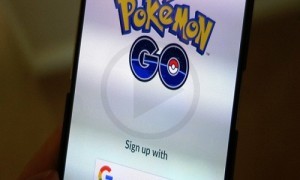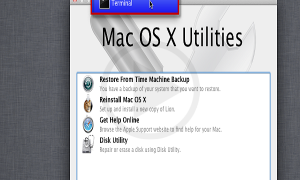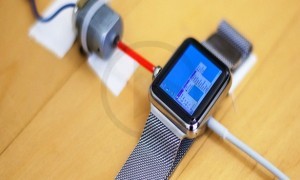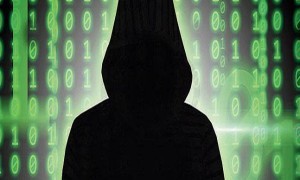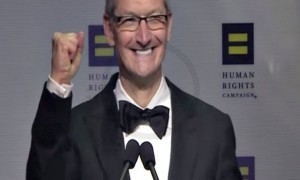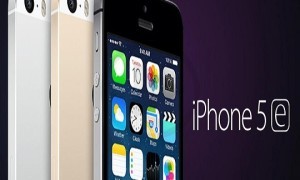The matter became serious very quickly and the battle between FBI and Apple is a trending issue now. Several companies, CEOs and public figures have taken their stand. Some are supporting Apple, some are not. The thing is that, Apple values user privacy and they will do anything to protect it. Yes, technology has advanced and things are done more easily now. But is it really helpful? What about a company’s privacy policy? Apple has set an example and there is a lot to learn from their stand on the matter. Syed Farook who was involved in the San Bernardino attacks of 2015 used an iPhone and FBI wanted information from his phone. Apple decided not to give them this facility and the investigators are not happy with their lack of cooperation.
Apple’s iPhone is highly developed and the security is of a different level. Tech companies should understand that user data is confidential and tampering with this data shouldn’t be allowed. The auto‐erase feature comes into play here. If the security lock is enabled, you get 10 attempts to unlock it and after that the data becomes inaccessible. This is highly useful, when an iPhone is lost or stolen. Farook used the iPhone 5c and FBI investigators firmly believe auto‐ erase was enabled on this phone. Even the court is against Apple, they have been ordered to help, but Apple’s authority is adamant.
In the various court filings, it was explained by FBI that the data which the iPhone contains is encrypted. When the security code is punched in, the OS generates the required key and complex calculations take place here. So the mechanism itself is delicate and consequently wiping out data is effortless. Wrong codes can harm the functioning of the iPhone. It goes much deeper than this, usually data is backed up in iCloud and as per investigation Farook deactivated this feature, so that he becomes untraceable.

